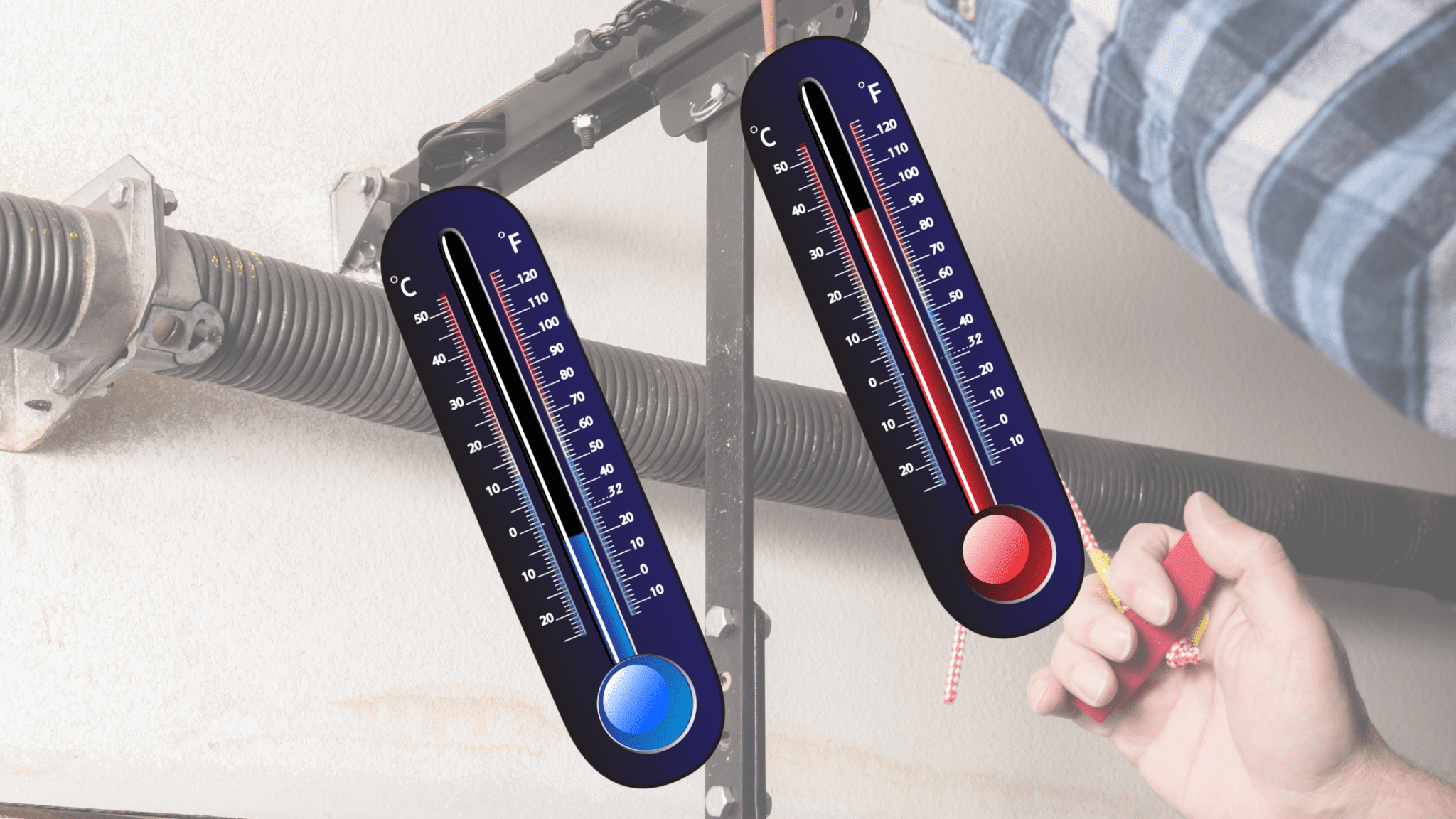
How Weather Impacts Your Garage Door Springs and Tips for Repair
Your garage door springs work tirelessly to ensure smooth and reliable operation, but they are also vulnerable to the whims of weather. From extreme temperatures to moisture and humidity, weather conditions can take a toll on your garage door springs, leading to potential issues that may require repair. In this blog post, we’ll explore how weather affects your garage door springs and provide valuable tips for effective spring repair.
Understanding the Impact of Weather on Garage Door Springs
- Extreme Temperatures: Fluctuations between hot summers and freezing winters can cause expansion and contraction of metal components, including your garage door springs. This constant movement can weaken the springs over time, leading to potential breakage.
- Moisture and Humidity: Exposure to moisture, rain, and humidity can accelerate rust and corrosion on the springs. Rust weakens the metal, making the springs more prone to failure and requiring prompt attention to prevent further damage.
- Winter Freezing: In colder climates, water can seep into the cracks and crevices of the springs, only to freeze and expand. This expansion can place stress on the springs, causing them to lose their flexibility and eventually break.
- Summer Heat: High temperatures can also impact garage door springs, especially if the garage is not well-ventilated. Heat can cause the metal to become brittle over time, increasing the risk of spring failure.
Tips for Effective Garage Door Spring Repair
- Regular Inspections: Schedule routine inspections of your garage door springs, particularly before and after extreme weather conditions. Look for signs of rust, corrosion, wear, or misalignment.
- Lubrication: Keep your garage door springs well-lubricated to minimize friction and reduce the impact of temperature changes. Use a high-quality lubricant recommended for garage door components.
- Address Rust Promptly: If you notice any signs of rust or corrosion on your springs, take action immediately. Remove the rust using a wire brush, then apply a rust-inhibiting spray or lubricant to protect the metal.
- Maintain Proper Balance: Ensure that your garage door springs are properly balanced to handle the weight of the door. Improper balance can put excess strain on the springs, leading to premature wear.
- Professional Repairs: When in doubt or if you notice any issues with your garage door springs, it’s best to consult with a professional. Attempting DIY repairs can be dangerous and may worsen the problem.
Conclusion:
Weather conditions can have a significant impact on the longevity and performance of your garage door springs. By understanding these effects and taking proactive measures, you can extend the life of your springs and minimize the need for extensive repairs. Whether it’s regular inspections, proper lubrication, or addressing rust promptly, a little care goes a long way in ensuring the smooth operation of your garage door.
For expert garage door spring repair services and professional maintenance, trust Helotes Overhead Garage Doors. Contact us today for reliable solutions to keep your garage door system in optimal condition.



